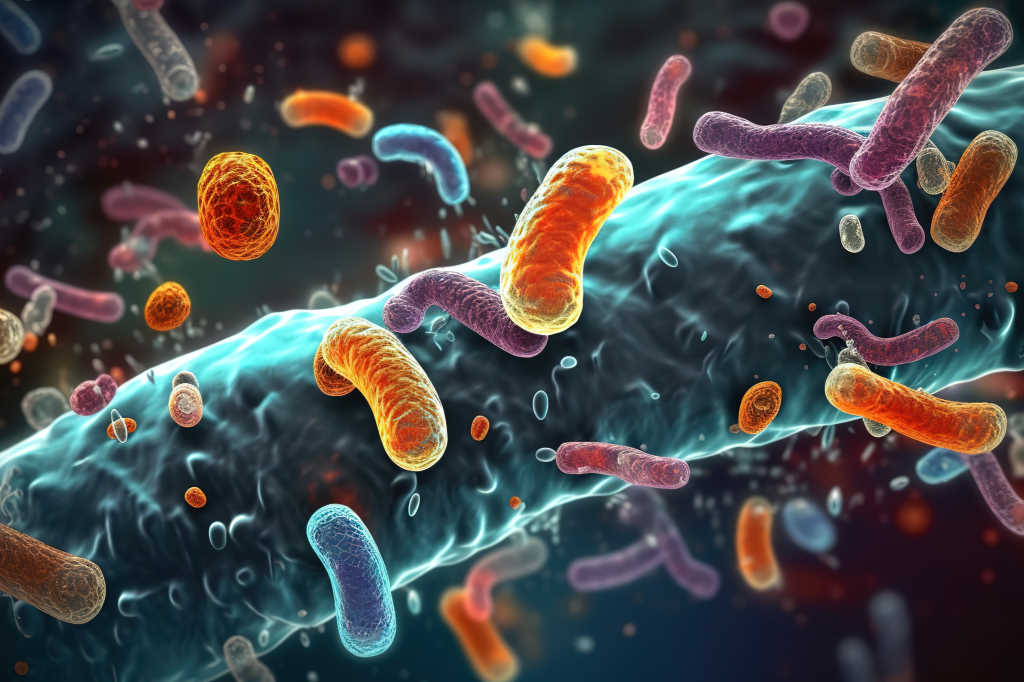Scientists are warning that an imbalance known as gut dysbiosis could be as an early indicator of serious health problems. Find out more about gut dysbiosis in the article below.
What Is Gut Dysbiosis?
Gut dysbiosis refers to an unhealthy imbalance of bacteria in the gut. Normally, our intestines are home to trillions of microorganisms that support digestion, immune response, and even brain function. However, when the balance between “good” and “bad” bacteria is disrupted, it can lead to inflammation, disease, and a weakened immune system.
Symptoms of dysbiosis can include bloating, fatigue, irregular bowel movements, and even mental health issues such as anxiety or depression. While these symptoms may seem mild at first, experts say they can be early warning signs of much more serious conditions.

Shocking Link to Mortality
A recent study published in Nature Microbiology examined data from more than 2,500 people and discovered a startling connection: individuals with significant gut dysbiosis were found to have a higher risk of death in the following months. In some cases, altered gut bacteria were a more accurate predictor of death than even existing medical diagnoses.
The study’s lead researcher, Professor Nicola Segata, explained that certain microbial patterns — such as reduced diversity and increased presence of pathogenic bacteria — were linked with systemic inflammation and organ failure.
Your Stool May Reveal More Than You Think
According to experts, the composition of your stool could offer critical clues about your health. Dr. Federica Armanini, one of the study’s authors, stressed that analyzing fecal samples could eventually help identify individuals at high risk of death due to underlying chronic conditions or declining health.
This could revolutionize preventive medicine, allowing doctors to catch dangerous health trends before symptoms even appear. As Dr. Armanini noted, “Fecal samples could become a new kind of early warning system.”
Lifestyle Choices That Affect Gut Health
Our modern lifestyle plays a significant role in gut health. Diets high in processed foods, sugar, and low in fiber can negatively affect the microbiome. Overuse of antibiotics and chronic stress are also known to damage the balance of gut bacteria.
To improve gut health, experts recommend eating a diet rich in fiber, whole grains, fermented foods (like yogurt, kefir, and kimchi), and prebiotics such as garlic and onions. Regular exercise, sufficient sleep, and stress management are also essential for maintaining a healthy microbiome.
Not Just About Digestion
Scientists have long known that gut health affects digestion, but recent studies show its influence goes far beyond that. The gut is now seen as a central player in immune system performance, brain health, metabolism, and even longevity. It’s often referred to as the “second brain” due to the gut-brain axis, which links digestive health to mental wellbeing.
Poor gut health has been associated with conditions ranging from heart disease and diabetes to neurodegenerative illnesses like Alzheimer’s.

Conclusion
The growing body of research on gut health underscores the importance of maintaining a balanced microbiome. What may seem like minor digestive issues could, in fact, be early signs of systemic problems — even death. As scientists continue to uncover these connections, taking care of your gut may be one of the most powerful steps you can take toward long-term health and longevity.

















